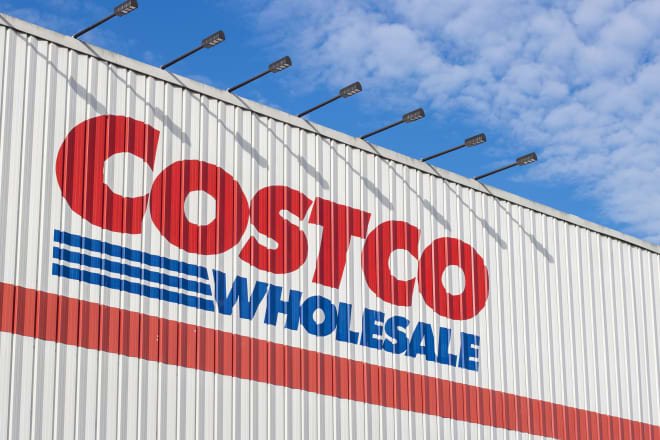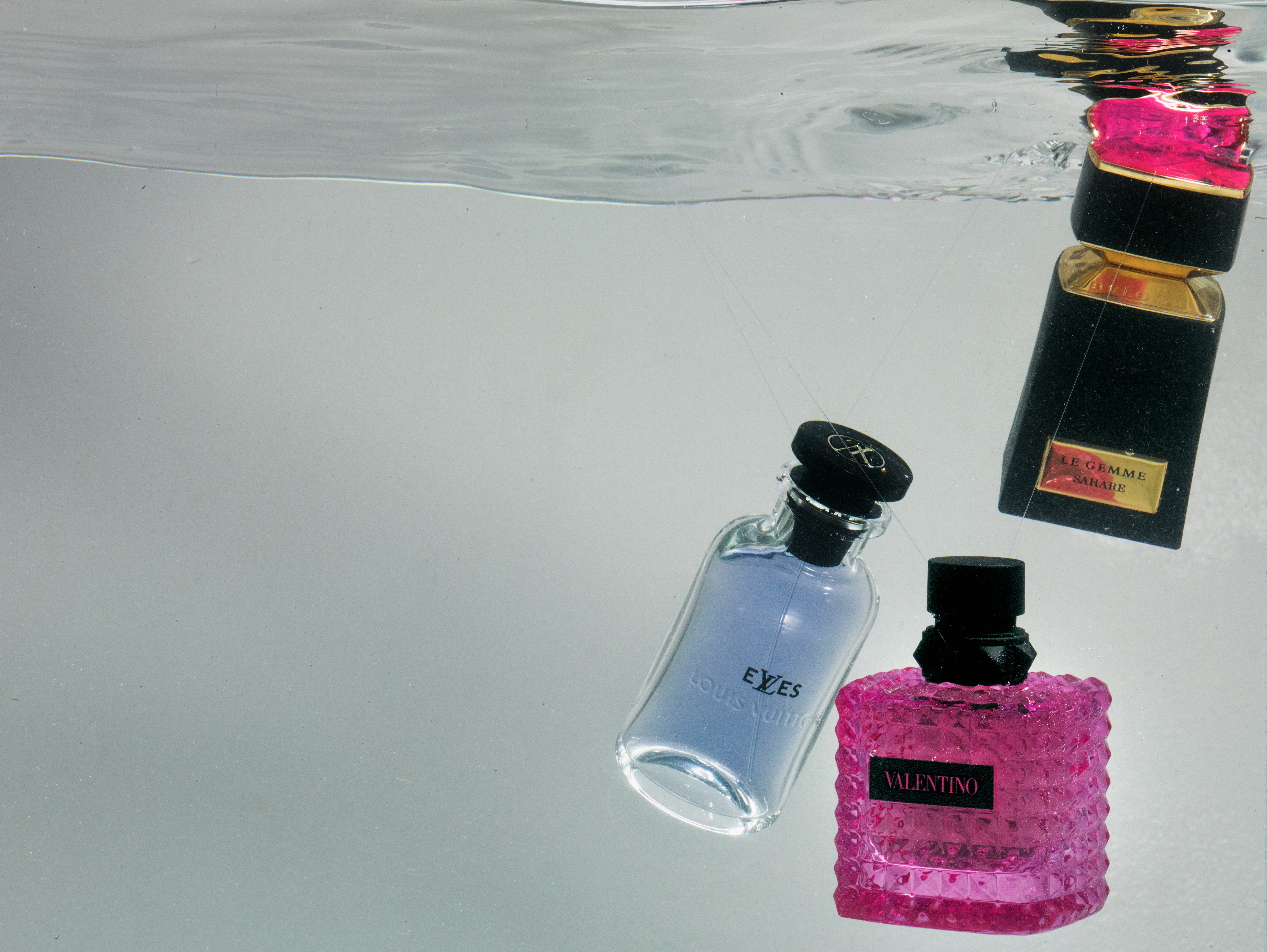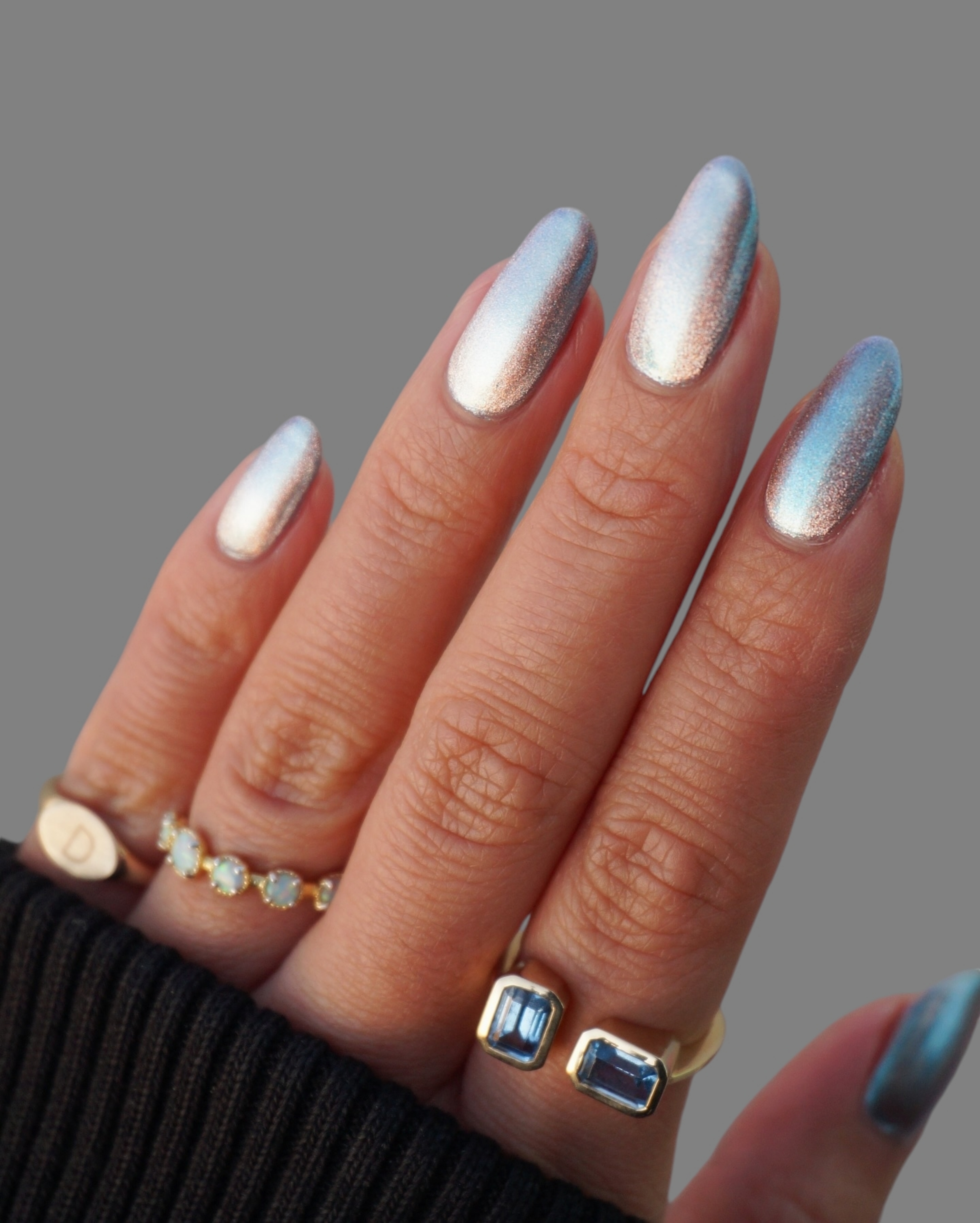Can France’s Fast Fashion Law Cure Shein's Ills?
SummaryIn an almost unanimous vote, France's senate has passed a new bill targeting "ultra" fast fashion companies in aim of reducing the environmental impact of the textile industry.In addition to potentially banning advertising from culprits, new sustainability criteria and pricing regulations may also be enacted in the country, setting a new precedent for more serious measures taking hold in Europe.On Tuesday, France's Senate voted in favor of a revised version of a bill aimed at regulating fast fashion companies, marking a major development in efforts to mitigate the ecological impact of overconsumption. If put into effect, the law could go as far as banning advertising from popular Chinese web stores like Shein and Temu and other fast-fashion purveyors.Such firm measures to regulate the textile industry have come about in response to the environmental spillover attached to the proliferation of cheaply-produced and extremely low-priced garments. According to a report from the UN Environment Program, from 2000 to 2015, garment production doubled, while the lifecycle of garment use decreased by 36%. In light of the boom in production during the 2000s, it's no surprise that approximately 92 million tons of textile waste are produced by humans every year.Originally introduced in 2023 and passed by France's lower house in 2024, the bill was revised to "make it possible to target players who ignore environmental, social, and economic realities, notably Shein and Temu," said Jean-Francois Longeot, chair of the Senate's Committee on Regional Planning and Sustainable Development to Reuters.The "clarifications," differentiating "classic" from "ultra" fast fashion, impose less severe restrictions on European apparel companies, like Inditex's Zara — which has drawn further criticism from sustainability advocates.The upper house of parliament voted almost unanimously for the revised bill, which includes new penalties for classic fast and ultra-fast fashion companies if set environmental criteria aren't met. Measures include reaching at least 10 euros per item of clothing by 2030, or up to 50% of the product's price excluding tax. For next steps, the European Commission will be informed of the vote, and a joint committee must reach an agreement between the two houses' versions of the law before it goes into effect.Following the introduction of the 2023 bill, delegates from EU Member States, including Austria, Finland, and the Netherlands, echoed France's initiative and pushed for EU-wide regulations. In February 2025, the European Parliament reached a provisional agreement to revise the "Waste Framework Directive," an EU framework for waste management, to address waste generated by fast and ultra-fast fashion companies.It's no coincidence that some of the most aggressive fast fashion regulations have emerged from the home of luxury's capital. In addition to the French parliament, Paris is known for the world's largest designer brands from Louis Vuitton to Hermes, as well as luxury conglomerates LVMH and Kering. On an international scale, the wider charge is currently led by the European Union, where other metropolitan centers like Milan (home of Prada Group) also serve as luxury hubs.The growing calls to reduce fashion's environmental impact are indeed long overdue. However, the question remains whether the measures will slow consumer demand for trendy styles at ultra-low prices, especially as economic headwinds are already putting increased pressure on wallets.The sheer abundance of 'Shein haul' TikToks, where users regularly show off packages full of excessive products, is a testament to how consumer behaviour shares culpability. Reforming the fashion industry's ills will require not only action from brands but also open minds from customers.A world where products are crafted with intention and consumed consciously is contingent on building a new relationship to fashion, involving better garment care and increased utility throughout the product lifecycle.Perhaps fast fashion has something to learn from luxury, especially given that some maisons are over a century old (Shein was founded in 2008). Strong principles of craft, quality, and longevity are integral to the messaging of today's most resonant luxury brands like Bottega Veneta and Loewe. The question is whether the high level of care and consideration held for luxury fashion can be extended to everyday clothing without pricing out customers.Click here to view full gallery at Hypebeast
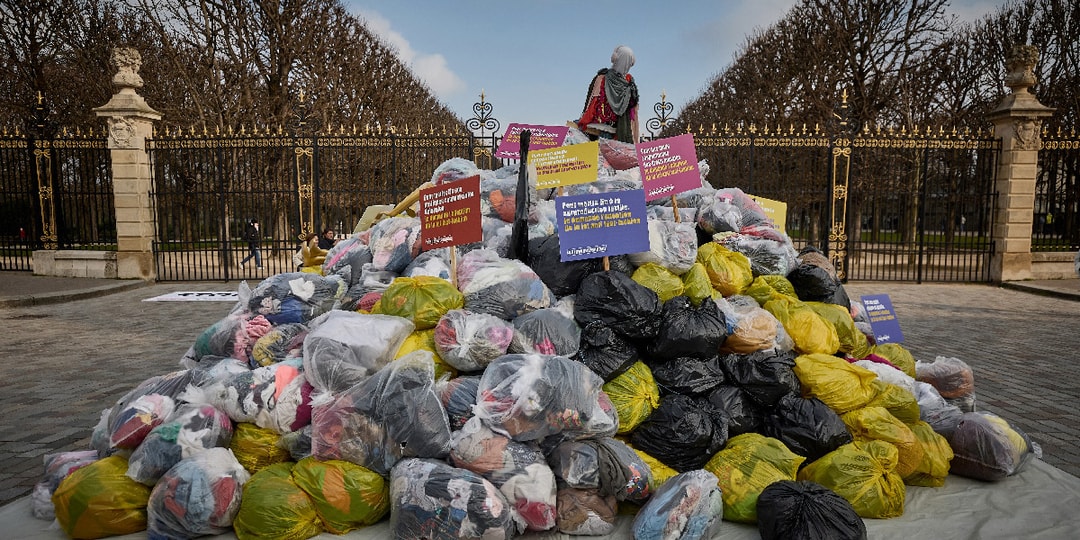

Summary
- In an almost unanimous vote, France's senate has passed a new bill targeting "ultra" fast fashion companies in aim of reducing the environmental impact of the textile industry.
- In addition to potentially banning advertising from culprits, new sustainability criteria and pricing regulations may also be enacted in the country, setting a new precedent for more serious measures taking hold in Europe.
On Tuesday, France's Senate voted in favor of a revised version of a bill aimed at regulating fast fashion companies, marking a major development in efforts to mitigate the ecological impact of overconsumption. If put into effect, the law could go as far as banning advertising from popular Chinese web stores like Shein and Temu and other fast-fashion purveyors.
Such firm measures to regulate the textile industry have come about in response to the environmental spillover attached to the proliferation of cheaply-produced and extremely low-priced garments. According to a report from the UN Environment Program, from 2000 to 2015, garment production doubled, while the lifecycle of garment use decreased by 36%. In light of the boom in production during the 2000s, it's no surprise that approximately 92 million tons of textile waste are produced by humans every year.
Originally introduced in 2023 and passed by France's lower house in 2024, the bill was revised to "make it possible to target players who ignore environmental, social, and economic realities, notably Shein and Temu," said Jean-Francois Longeot, chair of the Senate's Committee on Regional Planning and Sustainable Development to Reuters.
The "clarifications," differentiating "classic" from "ultra" fast fashion, impose less severe restrictions on European apparel companies, like Inditex's Zara — which has drawn further criticism from sustainability advocates.
The upper house of parliament voted almost unanimously for the revised bill, which includes new penalties for classic fast and ultra-fast fashion companies if set environmental criteria aren't met. Measures include reaching at least 10 euros per item of clothing by 2030, or up to 50% of the product's price excluding tax. For next steps, the European Commission will be informed of the vote, and a joint committee must reach an agreement between the two houses' versions of the law before it goes into effect.
Following the introduction of the 2023 bill, delegates from EU Member States, including Austria, Finland, and the Netherlands, echoed France's initiative and pushed for EU-wide regulations. In February 2025, the European Parliament reached a provisional agreement to revise the "Waste Framework Directive," an EU framework for waste management, to address waste generated by fast and ultra-fast fashion companies.
It's no coincidence that some of the most aggressive fast fashion regulations have emerged from the home of luxury's capital. In addition to the French parliament, Paris is known for the world's largest designer brands from Louis Vuitton to Hermes, as well as luxury conglomerates LVMH and Kering. On an international scale, the wider charge is currently led by the European Union, where other metropolitan centers like Milan (home of Prada Group) also serve as luxury hubs.
The growing calls to reduce fashion's environmental impact are indeed long overdue. However, the question remains whether the measures will slow consumer demand for trendy styles at ultra-low prices, especially as economic headwinds are already putting increased pressure on wallets.
The sheer abundance of 'Shein haul' TikToks, where users regularly show off packages full of excessive products, is a testament to how consumer behaviour shares culpability. Reforming the fashion industry's ills will require not only action from brands but also open minds from customers.
A world where products are crafted with intention and consumed consciously is contingent on building a new relationship to fashion, involving better garment care and increased utility throughout the product lifecycle.
Perhaps fast fashion has something to learn from luxury, especially given that some maisons are over a century old (Shein was founded in 2008). Strong principles of craft, quality, and longevity are integral to the messaging of today's most resonant luxury brands like Bottega Veneta and Loewe. The question is whether the high level of care and consideration held for luxury fashion can be extended to everyday clothing without pricing out customers.






































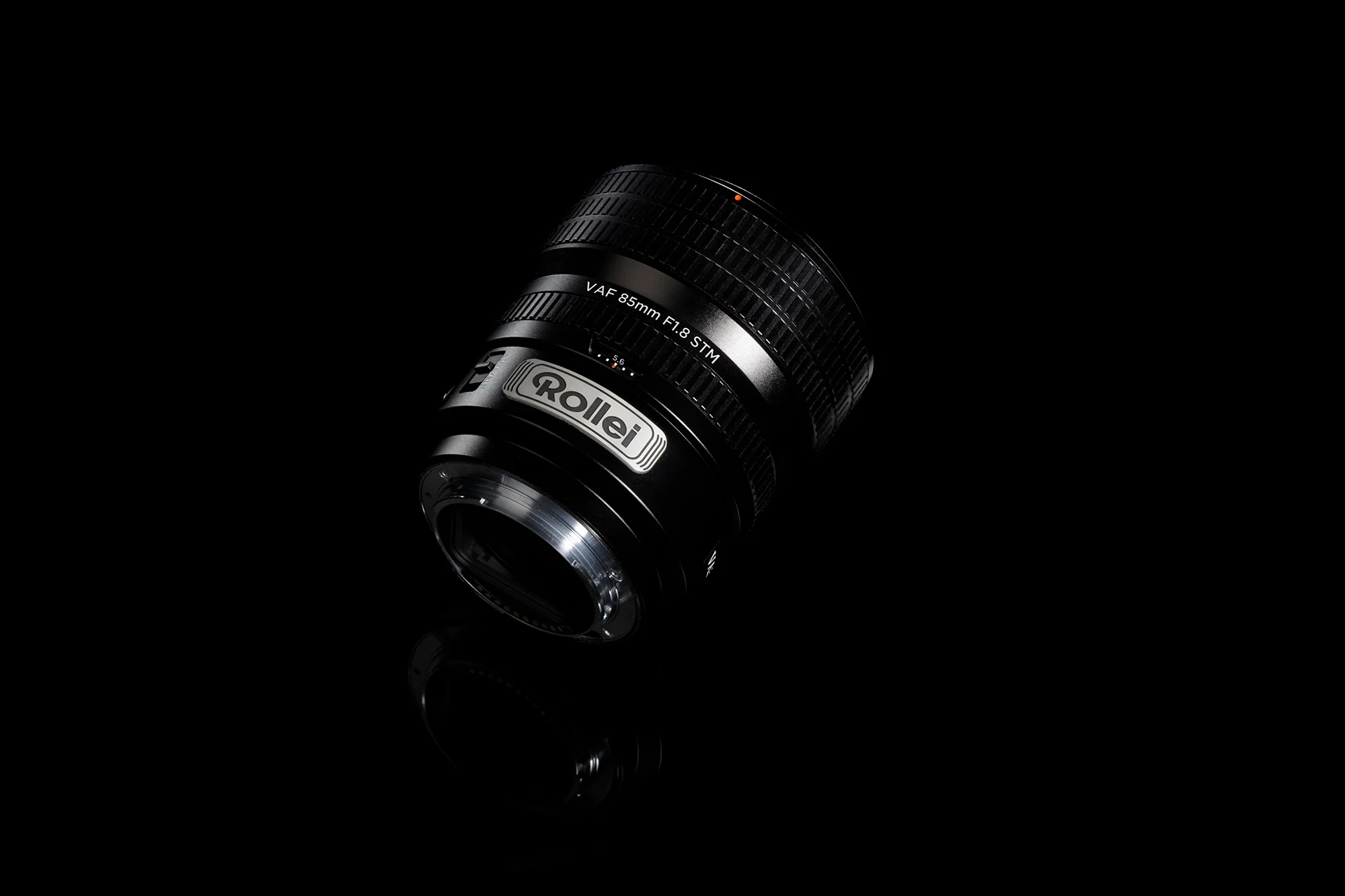























-30-7-screenshot_0FxoE4J.png?width=1920&height=1920&fit=bounds&quality=70&format=jpg&auto=webp#)






















































